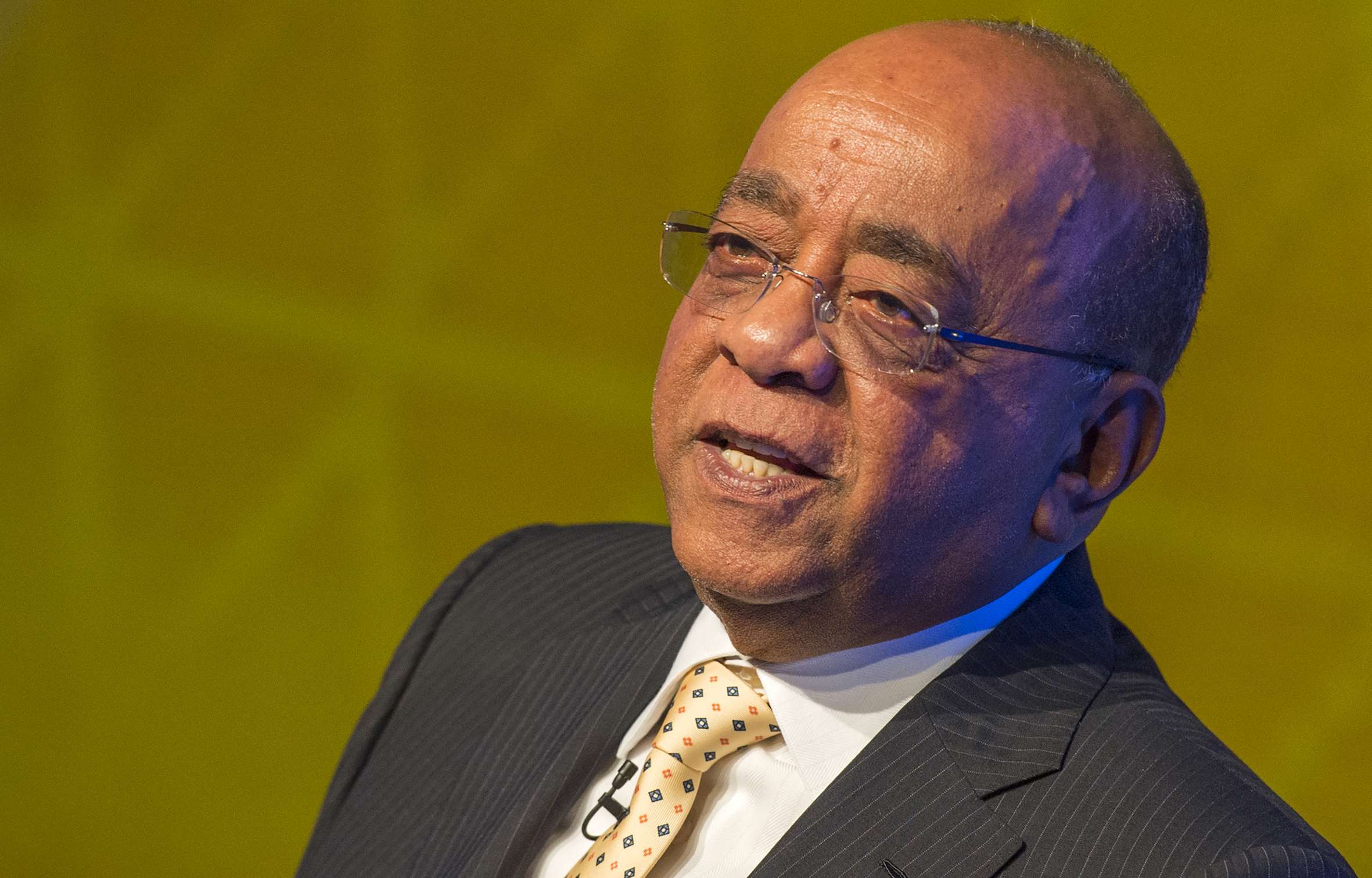Nigeria Scores Low In Governance, Says 2024 Mo Ibrahim Report

The 2024 African Governance and Transparency Index has flagged significant governance issues in Nigeria. Released by the Mo Ibrahim Foundation, the report ranks Nigeria 33rd out of 53 African countries with a score of 45.7 out of 100, marking a -1.4 drop in governance ratings from 2014 to 2023.
Victor Okebe Agi, spokesperson for the Centre for Fiscal Transparency and Public Integrity, noted that Nigeria’s performance was weak across key areas: Security, Rule of Law (39.7), Participation and Inclusion (47.9), Economic Opportunity Foundations (48.6), and Human Development (46.4). These metrics, when compared with Nigeria’s own Transparency and Integrity Index (TII), further highlight a pervasive governance crisis across federal, state, and local institutions.
The report emphasizes that, despite Nigeria’s position as Africa’s most populous nation, governance challenges have impacted its influence and stability, posing risks to foreign investment and stifling economic growth. The index stresses that poor transparency, ineffective accountability, and insufficient anti-corruption mechanisms in Nigeria need urgent reform.
The Center urged Nigerian institutions to improve performance in transparency, compliance with the Public Procurement Act, and the enforcement of anti-corruption policies. It also highlighted the need for stronger security frameworks and judicial reforms to restore public trust and ensure equal law enforcement.
Additionally, investing in human development through healthcare, education, and skill-building programs, alongside creating incentives for private sector growth, could improve Nigeria’s economic competitiveness. The report calls on stakeholders—from civil society to private sector leaders and citizens—to support these reforms, advocating for a renewed focus on transparency, rule of law, and economic opportunity.

